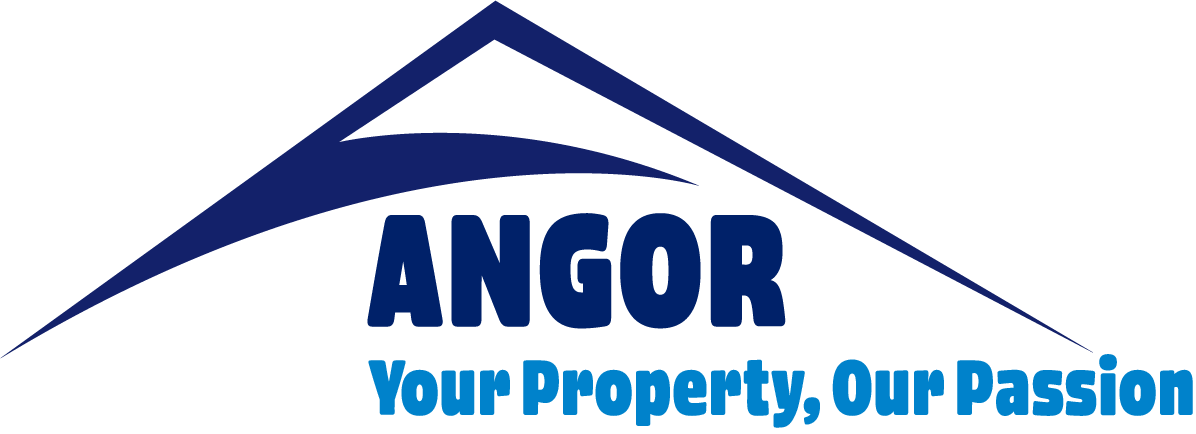Debtors – The Biggest Threat To Communal Living
While communal living in Sectional Title Schemes and Homeowners Associations is very attractive to resident owners, as well as those investing in the rental market, and is by far the greatest area of development and construction in South Africa, it does also come with significant challenges.
Communal living can provide a more secure environment, in-house amenities, shared cost of infrastructure maintenance and upkeep, cheaper insurance, and a communal environment not available to traditional stand-alone housing, however, it does also come with its risks.
You would expect that the biggest risks to any investor in a communal scheme would be for example, the shared liability for a communal utility account with City Council, or the need to generate large reserve funds for maintenance, or placing your trust in a small team of elected scheme executives to manage the scheme- this may not be the case. Almost all challenges a communal scheme may face are directly impacted by the one biggest challenge– Debtors!
ANGOR currently assists scheme executives to manage more than 570 schemes, which together consists of over 55 000 units. This large portfolio consisting of sectional title schemes, homeowner associations and mixed-use schemes allows us to take a snapshot of the “health” of community schemes in general.
We have seen a very consistent picture emerge, that being the significant growth in both the number of debtors and the growth in the debtors’ book.
As an average calculation we now see the average debtor’s book as R8 220 per unit in August 2024 compared to R5 500 per unit in August 2022 which is about a 50% increase over 24 months.
Debtors, and the significant growth in debtors, have a tremendous impact on the ability of a community scheme to manage its obligations to city council, its appointed service providers and to conduct necessary maintenance and repairs when required, and ultimately to maintain market value. These challenges can also discourage active participation by scheme members in becoming Trustees or Directors of community schemes.
Let’s consider the impact debtors have on a community scheme.
- Your annual budget assumes that all owners will pay their levies and contributions in full. Most budgets do not consider a large surplus for unexpected expenditure. Nonpayment of levies will therefore place significant strain on cash flows and cash availability to meet financial obligations and build reserve funds.
- Schemes experiencing a higher-than-average debtors’ book are utilizing reserve funds, and even funds allocated for maintenance, to meet their operational financial obligations. This can rapidly result in a depletion of reserve funds and a significant delay in necessary maintenance and repairs.
- Should utility charges such as electricity, water and domestic effluent (sewerage) be postpaid, nonpayment of these charges, as well as nonpayment of all other levies, place significant challenges on schemes to meet their obligation to Eskom or City Council. The City Councils and Eskom are on a drive to generate income and do not hesitate to disconnect electricity and or water.
- Banks consider your scheme’s audited financial statements when granting bonds. Schemes with significant financial difficulties and low reserves are considered a risk and potential new owners may find that higher interest rates are applied, or a bond application may even be declined.
- Collection of debt is expensive. A scheme appointing an attorney must settle invoices to the attorney for the action they have taken, while at the same time the scheme is not receiving any or limited contributions from the debtor.
- The collection process can be very lengthy if the collection process follows the full course to sale in execution of a property. You can expect the process to, at minimum, take over a year and that is only if the matter is not defended in any way and there are no delays or queries in court.
It’s not all doom and gloom though. Now that we understand the significant and serious impact debtors have on communal living, what can we do?
- Appoint a reputable debt collector and attorney to assist you. DMS is a sister company of ANGOR that can offer your scheme assistance in this regard.
- Start the debtor management process as early as possible.
- Install pre-paid electricity meters if not already installed. This will slow down the escalation in the amount owed by a debtor.
- Ensure that your Annual General Meeting is held every year and on time, ensuring that all owners are aware of the financial results and have sight of the budget for the financial year.
What you cannot do.
As frustrating as it may be to see your debtor challenges, you must, at all times, operate within the law and not create a situation where a debtor may delay the collection process by arguing that you have infringed on their rights.
- You may not disconnect electricity or water, or block pre-paid meters. Nor may you add levy debt to a pre-paid meter.
- Do not deny access to the unit owner or their tenant, and furthermore you may not limit access control rights such as biometric access or granting visitor access.
- You may also not limit a debtor’s access to communal amenities such as a clubhouse, swimming pool, park etc.
- Nor may you deny or limit services such as security or garden services.
For scheme executives it is vitally important that you communicate regularly with your Managing Agent, become familiar with the scheme’s financial management reports, understand the collection process, costs and timeframes and communicate regularly with all members within the scheme.
Article Date: September 2024
Author: Paul Brent, ANGOR Property Specialists (Pty) Ltd

